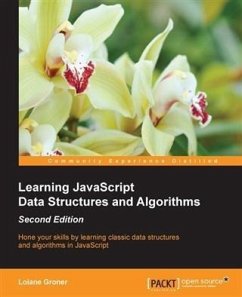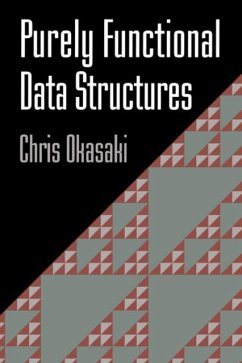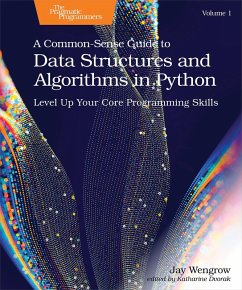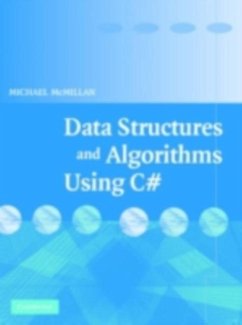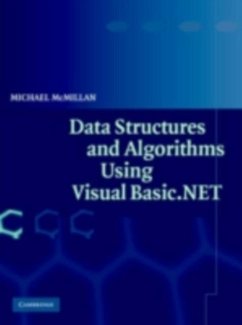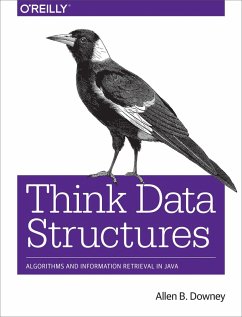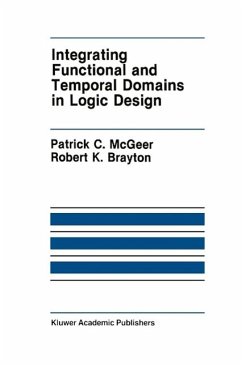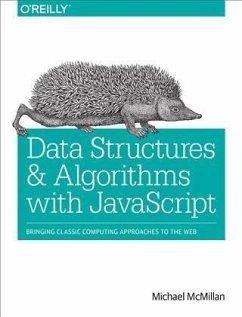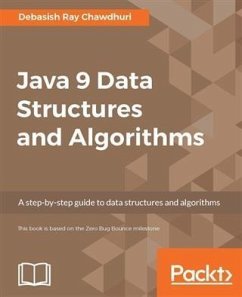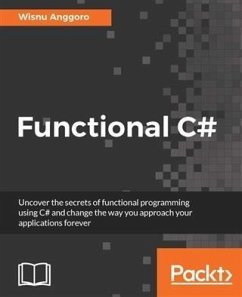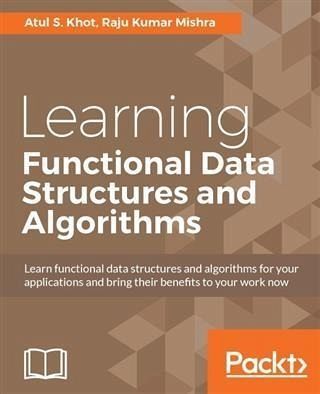
Learning Functional Data Structures and Algorithms (eBook, PDF)
Versandkostenfrei!
Sofort per Download lieferbar
38,95 €
inkl. MwSt.
Weitere Ausgaben:

PAYBACK Punkte
19 °P sammeln!
Functional data structures have the power to improve the codebase of an application and improve efficiency. With the advent of functional programming and with powerful functional languages such as Scala, Clojure and Elixir becoming part of important enterprise applications, functional data structures have gained an important place in the developer toolkit. Immutability is a cornerstone of functional programming. Immutable and persistent data structures are thread safe by definition and hence very appealing for writing robust concurrent programs. How do we express traditional algorithms in func...
Functional data structures have the power to improve the codebase of an application and improve efficiency. With the advent of functional programming and with powerful functional languages such as Scala, Clojure and Elixir becoming part of important enterprise applications, functional data structures have gained an important place in the developer toolkit. Immutability is a cornerstone of functional programming. Immutable and persistent data structures are thread safe by definition and hence very appealing for writing robust concurrent programs. How do we express traditional algorithms in functional setting? Won't we end up copying too much? Do we trade performance for versioned data structures? This book attempts to answer these questions by looking at functional implementations of traditional algorithms. It begins with a refresher and consolidation of what functional programming is all about. Next, you'll get to know about Lists, the work horse data type for most functional languages. We show what structural sharing means and how it helps to make immutable data structures efficient and practical. Scala is the primary implementation languages for most of the examples. At times, we also present Clojure snippets to illustrate the underlying fundamental theme. While writing code, we use ADTs (abstract data types). Stacks, Queues, Trees and Graphs are all familiar ADTs. You will see how these ADTs are implemented in a functional setting. We look at implementation techniques like amortization and lazy evaluation to ensure efficiency. By the end of the book, you will be able to write efficient functional data structures and algorithms for your applications.
Dieser Download kann aus rechtlichen Gründen nur mit Rechnungsadresse in A, B, BG, CY, CZ, D, DK, EW, E, FIN, F, GR, HR, H, IRL, I, LT, L, LR, M, NL, PL, P, R, S, SLO, SK ausgeliefert werden.




